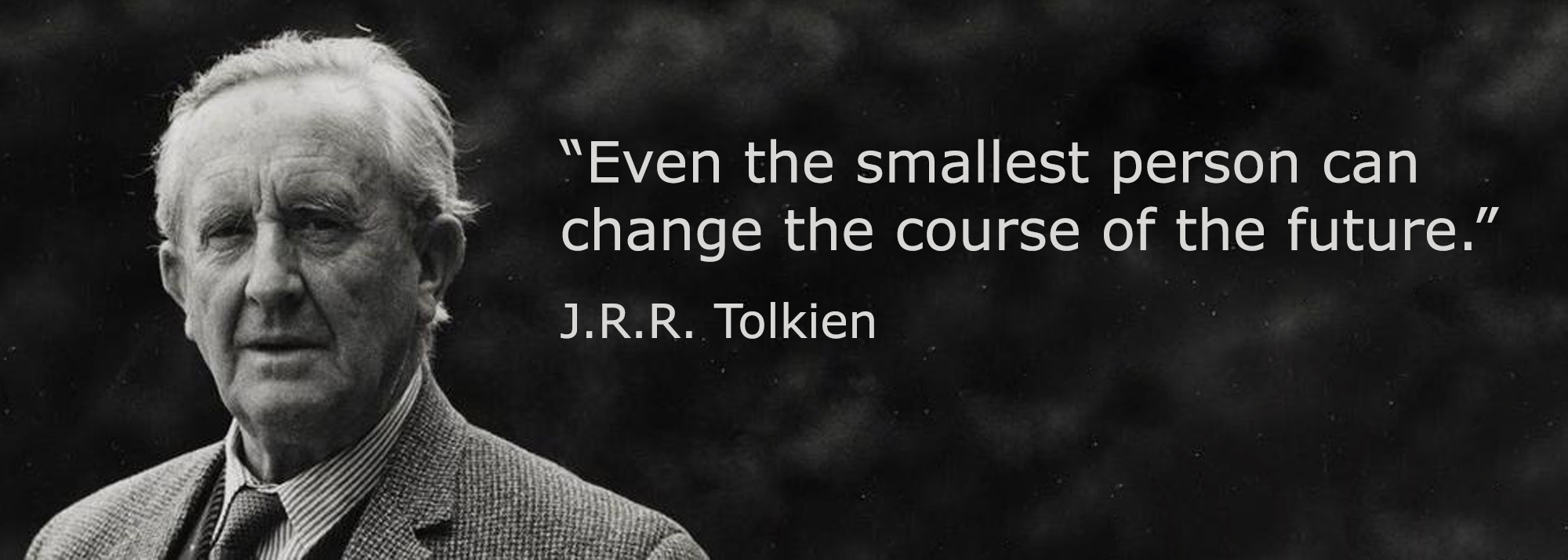Tolkien's Legacy in the Fantasy Genre: Lessons Learned
Published by Nathan G. on 31st Mar 2023

J.R.R. Tolkien is widely regarded as the father of modern fantasy literature. Through his works, he established a new standard in the genre, inspiring generations of writers to come. His influence on fantasy literature and popular culture is undeniable, and there are valuable lessons to be learned from his writing.
Tolkien's writing style is characterized by his intricate world-building, rich mythology, and attention to detail. His works, including "The Hobbit" and "The Lord of the Rings," are filled with vivid descriptions of imaginary landscapes, languages, and cultures. He created a fully realized world that readers can fully immerse themselves in.
The impact of Tolkien's works on the fantasy genre cannot be overstated. Many writers have followed in his footsteps, taking inspiration from his imaginative world-building and epic storytelling. The popularity of fantasy literature has skyrocketed in recent years, and much of that can be attributed to Tolkien's pioneering efforts.
But what exactly can we learn from Tolkien's writing? Here are some key takeaways:
World-building is crucial
Tolkien's world-building is among the most intricate and detailed in literature. He created a fully realized world, complete with maps, languages, and complex mythology. His works demonstrate that building a believable and immersive world is crucial to engaging readers and creating a sense of wonder.
Characters are essential
While Tolkien's world-building is impressive, it is his characters that truly bring his stories to life. From the hobbits to the wizards, each character is well-developed, unique, and relatable. Tolkien's characters are not just archetypes; they have distinct personalities, flaws, and motivations.
Language is a powerful tool
Tolkien was a linguist, and his love of language is evident in his works. He created fully functional languages for his fictional races, which add depth and realism to his world-building. Language is a powerful tool in any writer's toolbox, and Tolkien's works demonstrate how it can be used to great effect.
Themes and symbolism can elevate a story
Tolkien's works are filled with themes and symbolism, from the struggle between good and evil to the dangers of industrialization. By weaving these themes into his stories, Tolkien created works that are not only entertaining but also thought-provoking.
In conclusion, J.R.R. Tolkien has left an indelible mark on the fantasy genre, and his works continue to inspire readers and writers alike. His dedication to world-building, character development, language, and themes serve as valuable lessons for anyone interested in writing fantasy. By taking inspiration from Tolkien's writing, we can create stories that are immersive, engaging, and meaningful.
Want more in-depth study into Tolkien's works? Check out Progeny Press' study guides!

